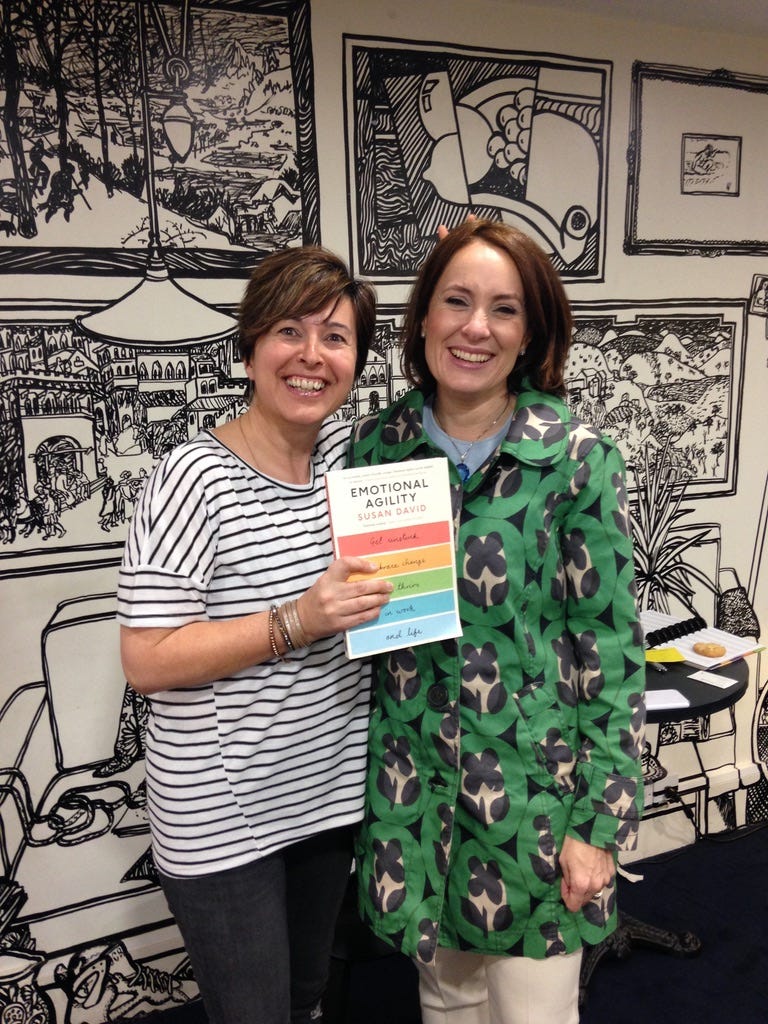Loss, transition so what comes next……
Inexplicably interwoven together like threads in a rich tapestry
Loss ultimately prompts transition, whether it comes from us making a de our control (externally). Both in different ways remind us that after all we are just along for the ride, the ride of life.
As a person who has suffered many losses in her life. I have found these experiences as you would expect to have had the most profound effect on my life. Yet at the same time, these forced events became a catalyst for transition and change and maybe a bit of procrastination in between if I’m being honest. The biggest question that arose, was how could l serve myself better during these difficult transits and let go. Well, for me it was Kundalini Yoga, chanting and returning to certain philosophical readings like the ones below that really helped.
BOOKS
The Reality of Being - The Fourth Way of Gurdjieff
The Tibetan Book of Living and Dying - Sogyal Rinpoche
The Tibetan Art of Positive Thinking - Christopher Hansard
When l talk about grief l also mean loss. We can experience grief through loss, the loss of someone dear, a family member, a friend, or a neighbour, or we can apply it to the loss of a relationship, a place where you lived, or a job you did. All of which challenge our perception of reality and our life's purpose.
However, while transition like loss is a deeply personal experience to go through. On the other side, it can teach us how and when to surrender affording us a chance to pause, reflect, and re-edit our lives. Awakening us to new possibilities and a new way of being.
Nonetheless, on the other hand, it can often subject us to long bouts of procrastination and end up delaying the moving on, the growth. Being present and setting boundaries with perhaps some soft goals can often help, l talk from personal experience.
The Art of being present may help foster feelings in a non-judgmental way, permitting us to unlock any rising resistance to bodily sensations. Thus serving ourselves with cultivating emotional intelligence along the way. A topic my friend Susan David discussed in her amazing book ‘Emotional Agility’.
During these transits developing and maintaining awareness and acceptance is key.
“Awareness which means being in the here and now which includes recognising your own sensations and feelings in response to current reality."
Hay, 1996
But how about those folks who can’t feel emotions such as loss? I’m talking about those with a condition referred to as ‘Alexithymia’ also referred to as emotional blindness. Are they missing out on a crucial part of being human to feel and experience pain, loss, sadness, suffering, happiness, contentment, and joy? It’s an interesting question to ponder. Recently l had a conversation with someone with a suspected diagnosis of this condition. Not often spoken about in behavioural therapy and mental health in the UK but something l feel should be. Feeling other's pain and happiness but not being able to locate, recognise, express, and describe those feelings within yourself can be awkward to explain. Worse still these behaviours could be misinterpreted as something else.
So next time you're talking with someone and they appear to be finding it difficult to locate and express how they feel, don’t give them such a hard time. After all, as one of my teachers, Sharon Gannon says “Everyone is doing the best they can with what they have available at the time”.





Well written and insightful!